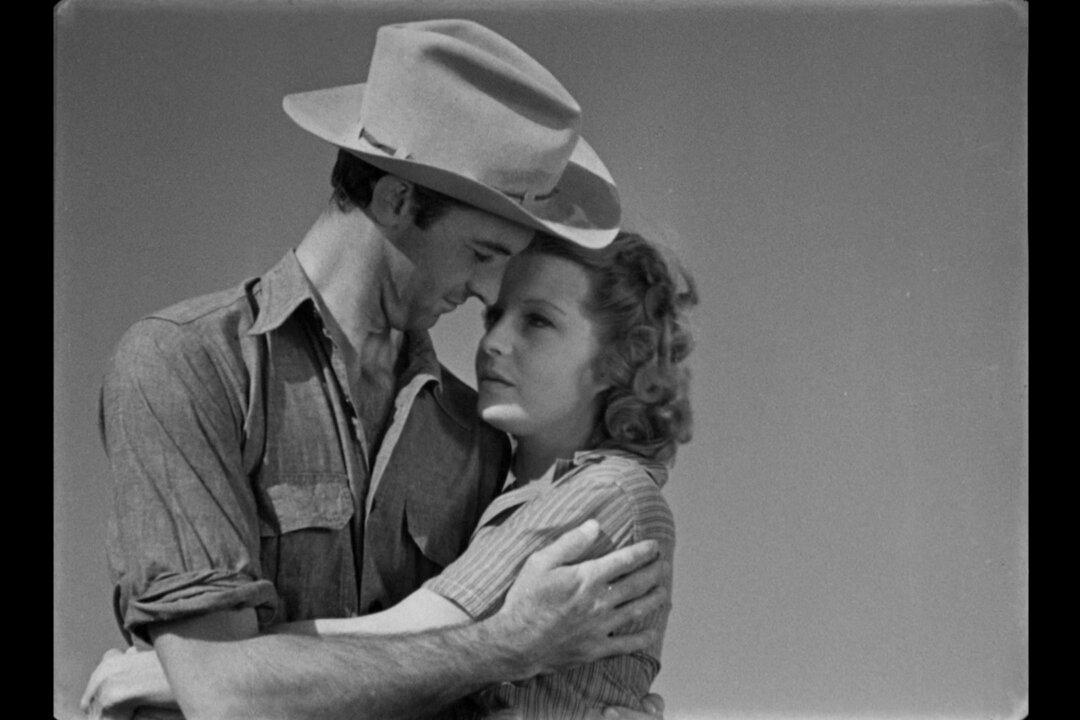NR | 1h 32min | Drama | 1945
Regarded as his most “American film” because he fell in love with America during filming, “The Southerner” secured French-born screenwriter-director Jean Renoir his only Best Director Oscar nomination.

NR | 1h 32min | Drama | 1945
Regarded as his most “American film” because he fell in love with America during filming, “The Southerner” secured French-born screenwriter-director Jean Renoir his only Best Director Oscar nomination.